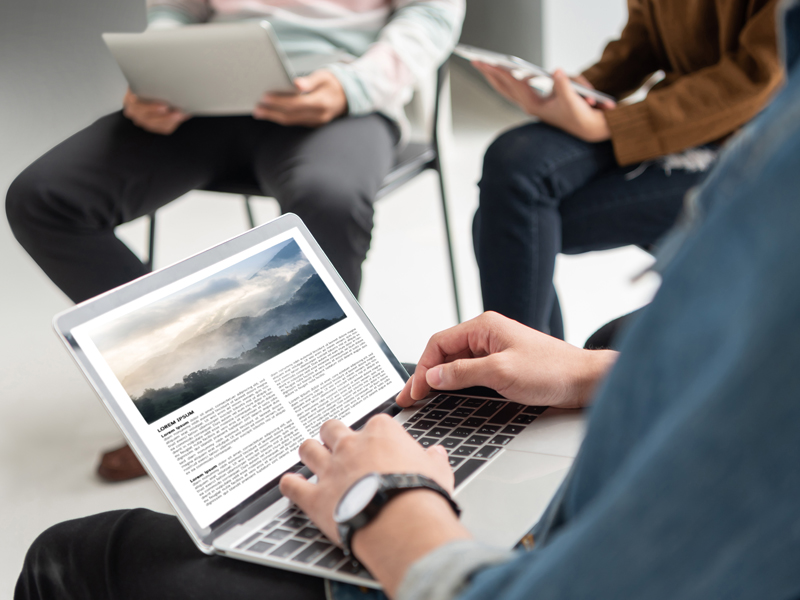There’s no doubt that taking part in the ‘shared economy’ is a great way to earn some extra dollars, and renting out your holiday home or even a spare room in your house is becoming a very popular extra income stream. But like all income streams, it will be considered taxable income by the Australian Taxation Office (ATO). There will be costs and benefits come tax time and they might take you by surprise if you’re not ready for them.
When you earn rental money no matter if it is privately rented or rented through AirBNB, the ATO will consider that taxable income which will raise your total taxable income at the end of the year. If you’re not careful and aren’t aware of how you manage that income stream, you may have to pay more tax.
How much money should you set aside?
The amount you report on your taxable income is your gross income. Your declarable fees from AirBNB will be larger than what you actually receive in your account. The payments you receive from your guests before refunds or service fees are deducted, will need to be calculated. The difference will be made up in taxable deductions you can claim.
Be aware you might need to set aside extra tax of around 20 to 49 percent depending on your current earnings from other sources such as your wages during the year. The additional income may put you in another tax bracket. Your tax agent will be able to advise the correct amount you should be aware of setting aside.
Capital Gains Tax (CGT)
You don’t have to pay Capital Gains Tax on your family home generally, however, if you have rented out your holiday home or even a room in your house privately or by AirBNB and have claimed tax on the mortgage interest or value of the property, you might be liable for an extra tax bill when you sell.

Pay-As-You Go (PAYG)
If you make a profit per year on your AirBNB or private rental, you can pay choose to pay your tax in PAYG instalments. The advantage is that you won’t have a huge bill at the end of the year. If you have paid more money than you need to after deductions have been calculated, you will receive a tax credit when you do your tax return.
Goods and Services Tax (GST)
Good and services tax (GST) doesn’t apply to residential rentals. You won’t be liable for GST on the rent you charge, but you will not be able to claim GST credits for associated costs. This is the case even if your turnover exceeds the GST threshold of $75,000.
Tax Deductions
There are several claims you are eligible to make on your rental which can make quite a difference come tax time. These include:
- Cleaning and maintenance fees, including laundry and cleaning supplies you purchase
- Property insurance and private mortgage insurance (PMI)
- Service fees charged by AirBNB or another host site
- Council rates
- Utilities (water, gas, electricity, TV, internet, etc.)
- Some repairs made to the rental property, including furniture and appliances
- Mortgage loan interest
- Advertising
Remember to keep all of your receipts and the dates of rent to correctly make your claims.
READ COMMON TAX RETURN MISTAKES YOU SHOULD AVOID
How much can you claim?
How much of your expenses you can claim come tax time depends on the proportion of the year you rent your property. You can’t claim 52 weeks of the year if you’ve only rented your property out for 26 weeks.
You will be able to claim rental space which is dependent on your total property size. This is calculated at a floor-basis percentage of the whole house.
What you claim must have been used for business purposes. You won’t be able to claim any time you have used your property or room for personal use. So if you’ve used your holiday home for your summer family holiday, you won’t be able to make any claims on those weeks.
Keep up to date on your records
Keeping up to date with your invoicing and receipts will streamline the paperwork you’ll incur. Keep your receipts as well as what they were used for. Bank statements might not contain enough information for the ATO. The important part is that you just stay in the habit of keeping evidence for expenses. Keep your records and claims honest. Renting your home or room via AirBNB is trackable.
Even though renting your house or room through AirBNB may have its obvious advantages there are also hidden costs if you don’t keep on top of your records and earnings.
Got some questions on your AirBNB income tax? ITP The Income Tax Professionals will help manage your expenses and make sure you’re fully compliant.
DOWNLOAD THIS ARTICLE: AirBNB Expenses And Tax Deductions
ITP The Income Tax Professionals help over 200,000 Australian individuals and businesses each year with their tax refunds. Not only that, ITP offer business accounting advice, bookkeeping, financial planning and loans. Get on top of your finances and speak to a professional today.
